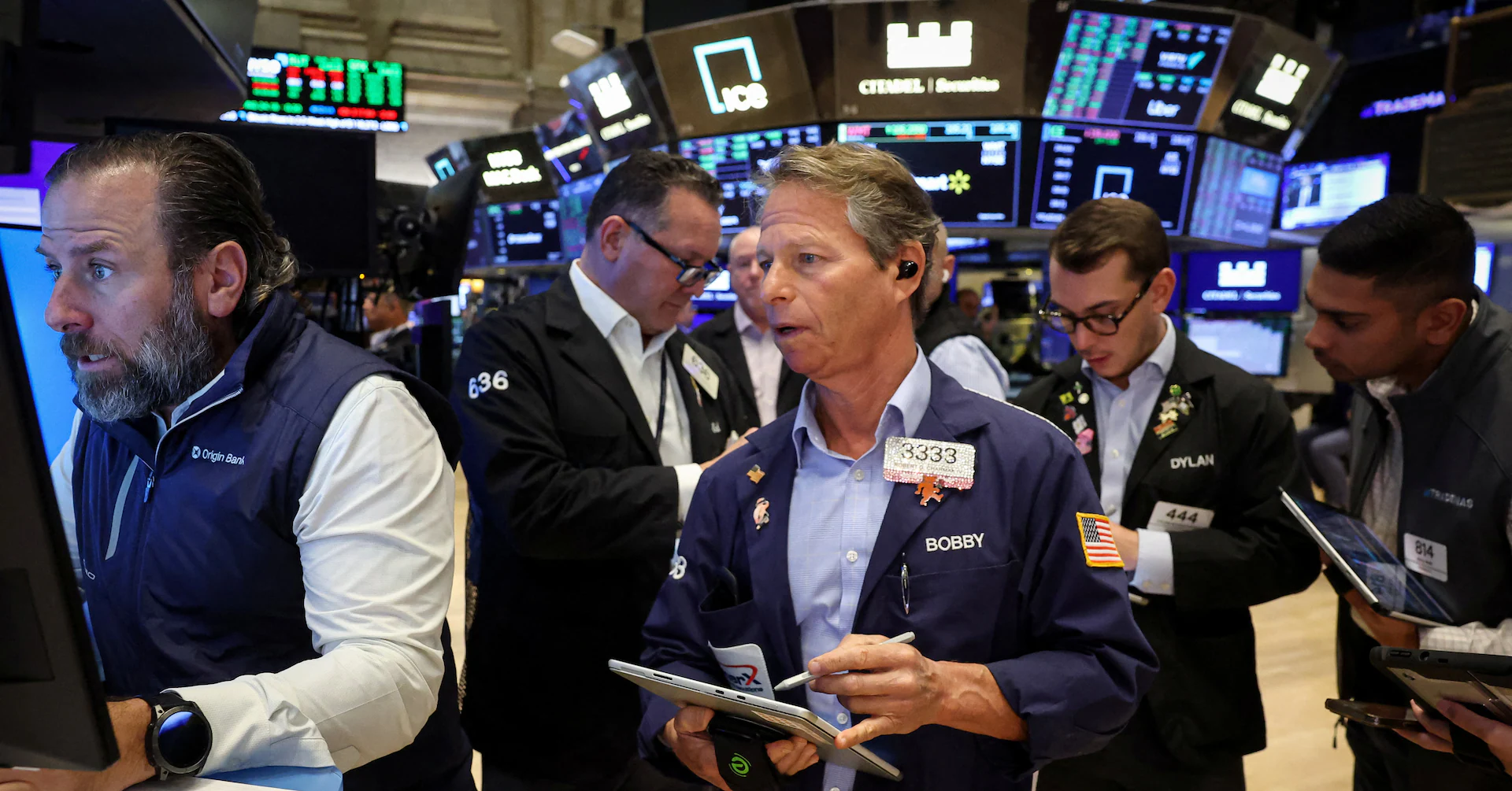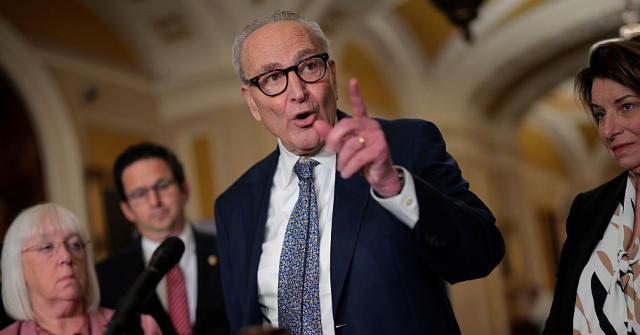Copyright Reuters

NEW YORK, Oct 31 (Reuters) - A resilient U.S. stocks rally heads into a busy week of corporate results, with investors concerned about the strength of the artificial intelligence trade and about how aggressively the Federal Reserve will cut interest rates. Sign up here. Following the October monetary policy meeting, Fed Chair Jerome Powell said an interest rate cut at the next meeting in December was "not a foregone conclusion." Investors had expected that move to be almost a done deal. Corporate earnings have broadly topped expectations. Third-quarter S&P 500 profits are on pace to have climbed 12.5% from a year earlier, according to LSEG IBES. More than 130 index companies will report in the coming week. Making some investors nervous, the rally has lifted the S&P 500's forward price-to-earnings multiple above 23, putting the market's valuation around its highest since the dot-com bubble 25 years ago, according to LSEG Datastream. "If we assume that we're getting close to the ceiling on valuations as investors may be reluctant to pay multiples closer to what they were in the tech bubble, I think earnings will have to do the heavy lifting to drive returns forward," said Angelo Kourkafas, senior global investment strategist at Edward Jones. Since 1950, November ranks as the best performing month and December the third-best for the S&P 500 on average, according to the Stock Trader’s Almanac. November has an average gain of 1.87% in that time, with December averaging an increase of 1.43%, just behind April’s 1.47%. With 44% of S&P 500 companies that reported as of Wednesday, 83% exceeded earnings expectations. That beat rate would be the sixth highest on record if it holds, according to strategists at Ned Davis Research. Enthusiasm over AI has helped drive the S&P 500 up 90% since the bull market began just over three years ago. But investors are wary of potential overexuberance tied to the theme and eager for evidence that AI investments are paying off. "Investors want to know not only what the growth prospects look like, which has been the focus as these stocks have skyrocketed ... but also how much are they spending and what sort of return does that imply," said Eric Kuby, chief investment officer at North Star Investment Management. "With a lack of data from the United States government on anything really, and then these signs that companies are laying people off, that makes me a bit nervous," said Robert Pavlik, senior portfolio manager at Dakota Wealth Management. The U.S. shutdown, which started on October 1, is now the second-longest ever behind the 2018-2019 shutdown that lasted 35 days. Monthly jobs data scheduled for release on November 7 is set to be delayed, so investors gauging the economy's health will rely more on alternative data, including the ADP employment report and University of Michigan consumer sentiment reading. That data takes on added significance after Powell's comments left prospects for future cuts more in doubt. "We are in a data vacuum, so these alternative sources are gaining more importance as the Fed is trying to calibrate its path for interest rates," Kourkafas said. Reporting by Lewis Krauskopf; Editing by Alden Bentley and David Gregorio



